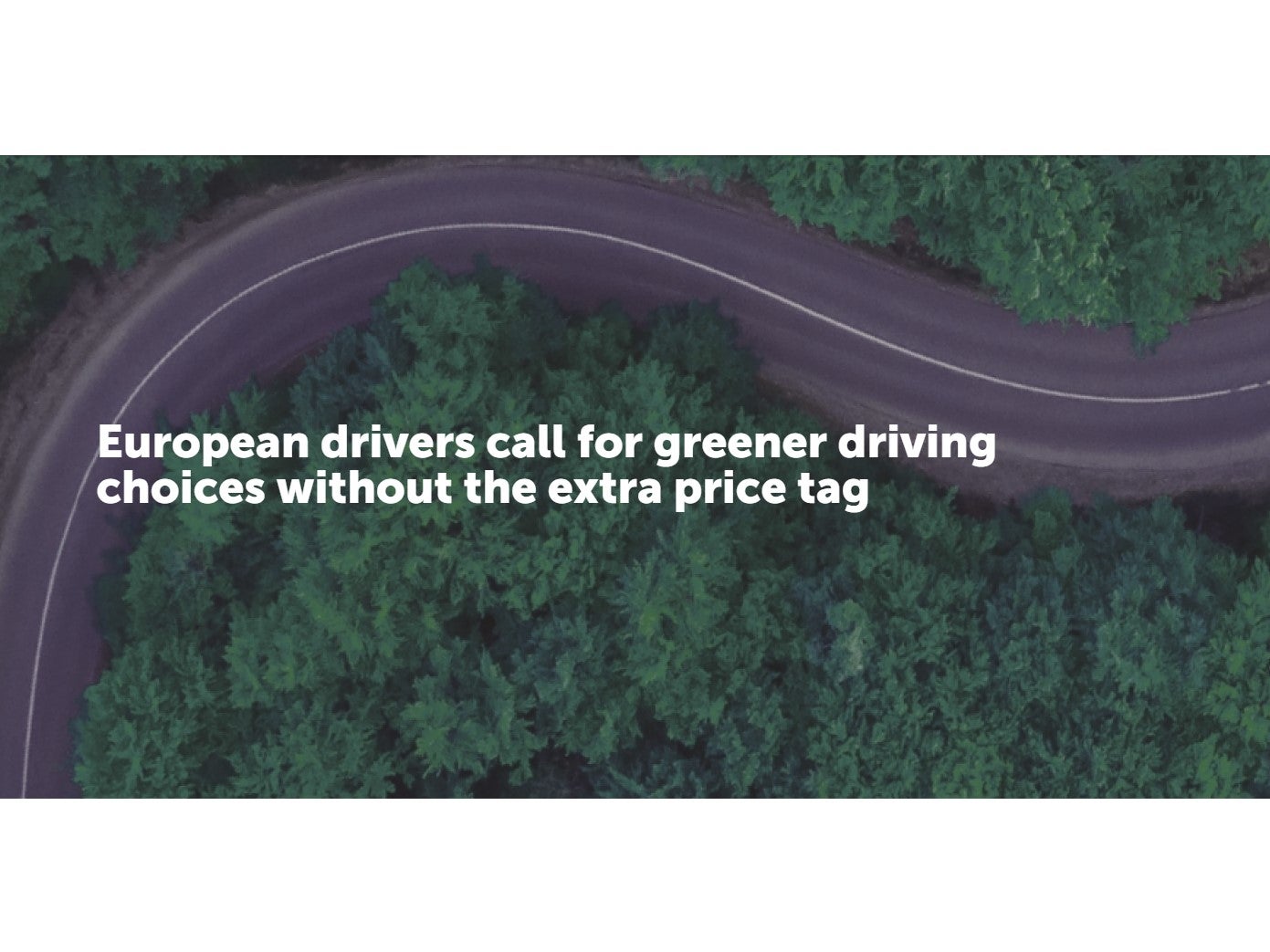
With the prices of many consumer goods rising sharply over the past 18 months, there are signs that willingness to buy sustainable products has waned. What does this mean for the automotive industry and aftermarket lubricants?
With scientists issuing a ‘final warning’ on the issue of the climate crisis, it is now more important than ever for businesses and consumers to consider sustainability. However, with rising prices and pressure on family budgets, choosing sustainable options is proving to be much more difficult due to their often higher price level.
A new report commissioned by PETRONAS Lubricants International (PLI) highlighted that cost is a major barrier to achieving sustainability goals, with 38% calling for lower prices and better options for those with different fuel needs. vehicles (22%).
Meanwhile, the report also showed that 57% of Britons say they want to help contribute to a greener car industry, but more than half (56%) would not be willing to pay more for alternative products . In fact, the British are the least willing to pay more.
We spoke to Marsha Thomas, Country Director, UK & Ireland at PLI, to discuss these findings and what else the industry could be doing to improve these figures.

Just Auto (JA): Could you tell me a little about your work?
Marsha Thomas (MT): I am the UK and Ireland Country Manager for PETRONAS Lubricants International (PLI) and I am the first woman to be appointed to this position.
I have been with PLI for over seven years and the strategic and technical knowledge of the global lubricants industry that I have acquired over the years has helped me facilitate the business needs of PLI’s customers, contributing to incremental business growth.
That said, this was my first time in a completely new role that is completely different from what I’ve done before. I used to live and breathe marketing, but in this role as UK market manager, I’m taking on more commercial aspects of the business.
It has been a great challenge to lead the team and all the different functions, as well as getting to know clients and growing the UK business from strategy to execution. I’m embracing it wholeheartedly.
The report showed that one of the key findings was “cost is a significant barrier to achieving sustainability goals”. Could you discuss these findings?
Global inflation rates reached an all-time high in 2022, and the prices of everyday goods such as groceries and energy have risen significantly. As a result, consumers everywhere have cut back on spending, especially on non-essential items.
It is true that the cost of sustainable products tends to be higher than ‘traditional’ products because the raw materials are more expensive. They are also produced in smaller quantities, meaning they are of better quality and have a lower environmental impact.
Global inflation rates reached an all-time high in 2022, and the prices of everyday goods such as groceries and energy have risen significantly.
Now that there is a decrease in disposable income, our research found that consumers are less willing to spend money on sustainable products, and perhaps there is a question: “why should I pay more to be more sustainable?”
PLI and the wider automotive sector are therefore committed to driving the transition towards sustainability with technological solutions, products and expertise. Our mission is to help drivers improve the performance of their vehicles and continue to develop products that reduce carbon emissions and use less packaging.
The report also showed that “Britons are the least willing of all countries to pay more for greener products”. Could you explain this?
We conducted our sustainable driving research of 7,000 consumers in six countries and indeed, Britain came out on top for being the least willing to pay more for sustainable products. We found that countries like Italy, Spain, Poland and France are willing to pay a small percentage more for products that support greener driving.
This could be due to a lack of understanding of how greener products can be better for both vehicles and the planet. The research also found that on average 12% percent of Europeans do not know what could be done to reduce their car’s carbon footprint and of the six countries surveyed, Britain is the nation least aware of how to reduce it (31%).
It is also important to consider the differences in the economies of each market. Each nation faces its own costs and spending pressures, as well as a difference in overall behavior when acting to become more sustainable.
If consumers are not aware of the benefits behind sustainable products compared to traditional ones, they are unlikely to pay more for something they can have for less. However, this is where companies like PLI play a vital role. We need to help educate consumers, so they are aware of the benefits behind sustainable automotive products, so we can all help the nation move towards a more sustainable future and not break the bank doing so.
What else do you think the industry could/should do to change these results?
There is an opportunity for industry leaders to develop a clear roadmap and promote awareness of sustainable options to drivers so they can make more informed decisions.
It’s not just about the fuel we put in our cars. It’s up to companies like ours to show motorists that there are affordable solutions and steps we can still take, such as the choice of lubricating fluids used. For example, PETRONAS Syntium can achieve 3% fuel savings and optimize thermal efficiency, resulting in overall savings and improved vehicle performance. Even the packaging of the products, such as opting for bag-in-box or recycled plastic, can make a difference.
Within the lubricants industry, it is key to ensure customers have visibility around reliable and sustainable brands that align with both their ethos and finances, as meeting these demands is crucial to growth and success.
What do you think the future holds for these topics discussed in the report?
It is undeniable that 2023 brings a new set of challenges for customers, mainly focused on sustainability, ethics and the rising cost of living. The future beyond that is unclear.
However, we are at a time when the industry is stepping up and innovating even more to transition to solutions that improve our planet. Companies should make a conscious effort to show drivers that there are affordable and sustainable solutions available to them.
At PLI we are dedicated to helping our customers understand that taking care of your vehicle does not have to be a difficult or daunting task.
At PLI we are dedicated to helping our customers understand that taking care of your vehicle does not have to be a difficult or daunting task. We want to change the mindset of consumers to help them make the best choice for their car and show that it is possible to make positive changes in the automotive industry in 2023 and beyond.


